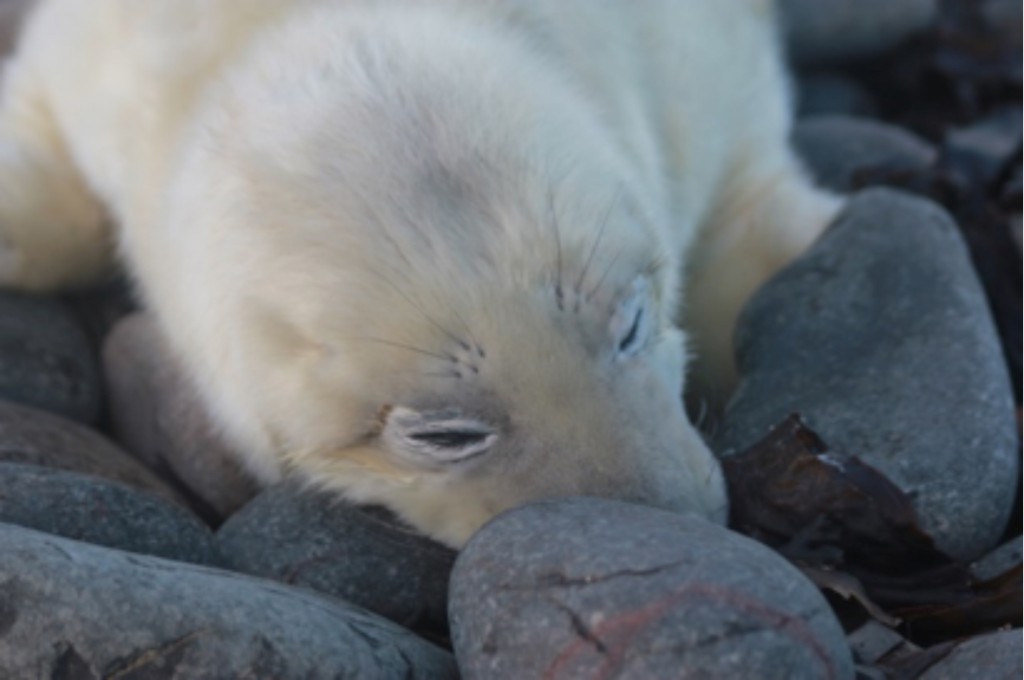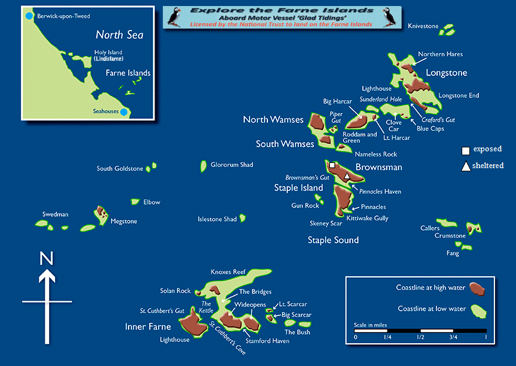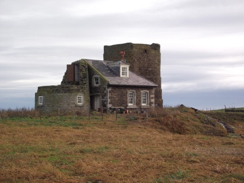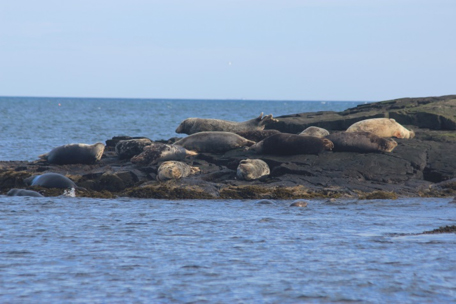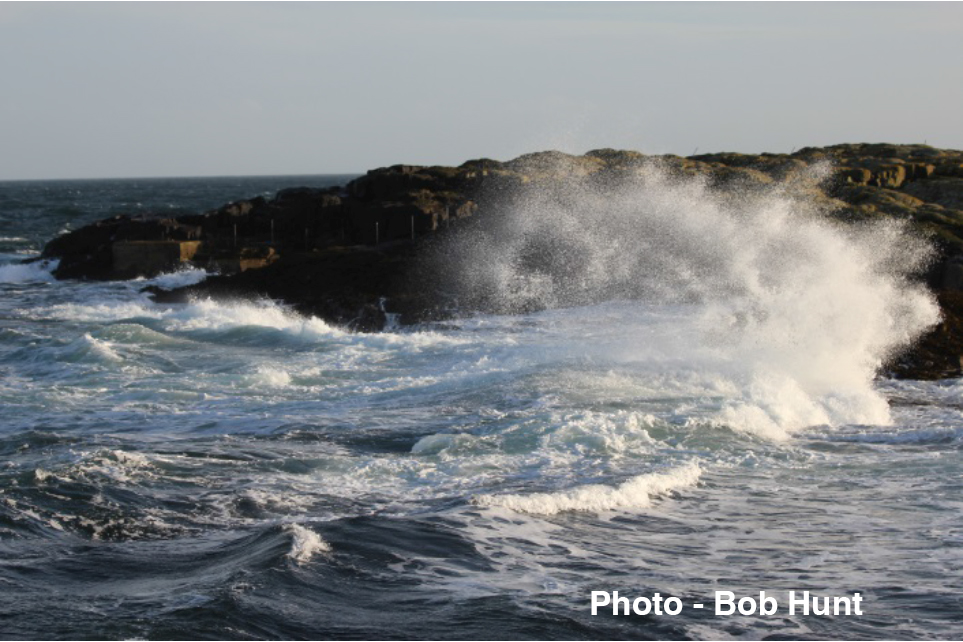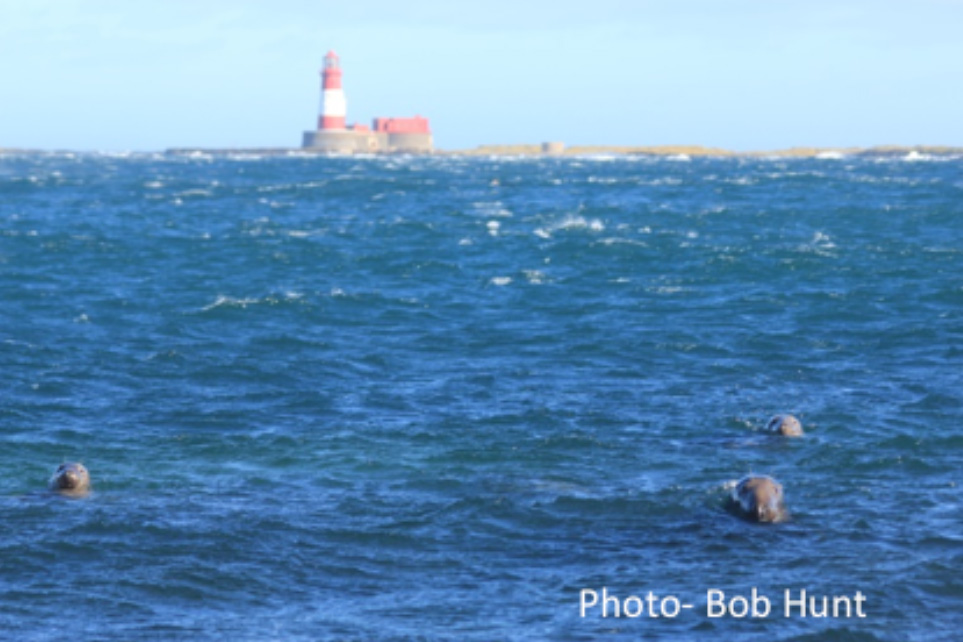Blown Away!
Huge winds arrived last week, with the tail end of Hurricane Gonzalo hitting on Tuesday. We were ready and waiting. The island embraced the weather and so did the seals, some better than others.
Female seals have been gathering on and around the Islands all week, with our FIRST pups being born. 124 pups were counted across the outer group on 24th October with 5 on Brownsman; sadly 2 were stillborn, a common occurrence throughout the season. Another 10 pups have since been born on Brownsman and pilot behavioral studies have been carried out over the last few days. The main study of the new pups will begin Wednesday 29th October.
The Farnes are situated in Northumberland off the coast of Seahouses (south of Berwick upon Tweed). The islands are spread out across 3 miles of the North Sea with the Inner Farnes closest to shore at 2 miles from Seahouses harbour. A further 1 mile seaward you will reach the outer group.
These islands are home to the majority of pups (94% in the 2013 season being born North and South Wamses, Staple and Brownsman Island). I am situated on Brownsman Island, living in an old decommissioned lighthouse, once occupied by Grace Darling, with 3 National Trust rangers.
The Grey Seals
The seals come ashore once a year to breed and mate in large fairly dense colonies. The two species of seals found round the coast of Britain are harbour (common) seals and grey seals. The distribution of grey seals in the U.K is mainly concentrated in Scotland, the Scottish Isles and the East coast of England.
Grey seals come ashore October to late December to give birth, nurse and mate. The breeding season is very short, lasting only three weeks, compared to other species. Mothers feed throughout the summer and then fast during the whole nursing time while still providing incredibly fatty milk.
This short period means every interaction between mother and pups is incredibly important in the survival of the pups. Throughout this research I will be looking into this in considerable depth.
The Farne island grey seals are an extremely important population not only for the U.K. but for the worldwide population of this species. Averaging an estimate of 5000 seals and in 2013 a pup count of 1575 was recorded. The 2013 mortality rate was 26%, although in bad storm years the rate can exceed 50%. I will be monitoring the mortality closely and hoping for a good year. 
Both Dr Per Berggren, School of Marine Science & Technology and Dr Richard Bevan, School of Biology, supervise my research and assist with ideas and guidance throughout my time on the islands.
The next blog will focus on my research, methods and aims as well as more updates on seal numbers and pup births.
For more information please contact:
Robert (Bob) Hunt
Email: r.hunt@ncl.ac.uk
Marine Science MPhil Student

